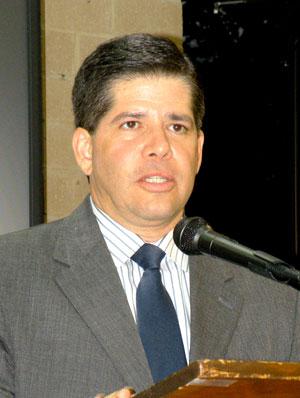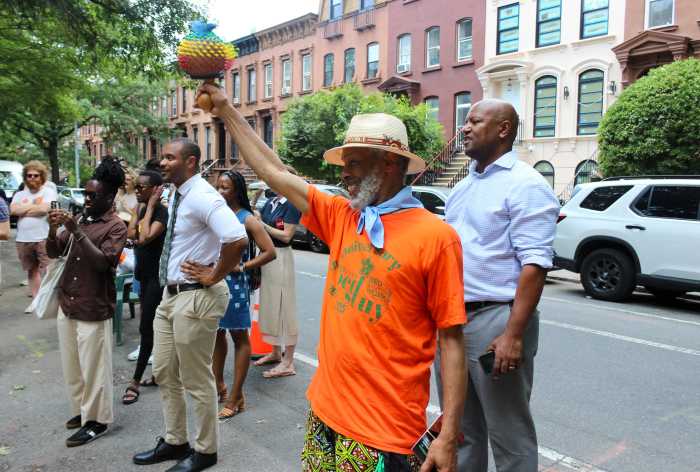It’s the steady drip, drip, drip of ever-increasing expenses that hits people on fixed incomes — seniors and the disabled among them — particularly hard.
Yet, the city’s Water Board, using relatively newly-granted power to put a lien on homes whose owners owe $1,000 or more in water bills for a minimum of one year — even if they owe nothing on their real estate taxes — appears to be going ahead without regard as to whether those who have missed making payments are, in fact, caught in a double bind as costs rise but their incomes do not.
To counter this, some members of the City Council introduced legislation late last month (Intro 1071-2009) that would prevent such action against homeowners who receive the enhanced STAR exemption from New York State: namely senior citizens, veterans and the disabled.
The legislation would also delay the ability of the Water Board to take action against all owners of one-to-three-family homes until owe a minimum of $1,000 on their water bills for at least three years.
“The way it stands now, a water-only lien could bring a foreclosure,” stressed City Councilmember Vincent Gentile, one of the legislation’s co-sponsors. “The Water Board said they needed the power, in order to get people to pay up. But, inadvertently, because of the economy we have, there are a lot of seniors who would be at risk.”
In Gentile’s 43rd Council District — which includes Bay Ridge, Dyker Heights, Bath Beach and Bensonhurst — there are 280 families on the water tax lien list, he told this paper. “Some of them may have worked something out. The amounts vary, but a percentage of those has to be senior citizens,” Gentile stressed.
“I think this is a common-sense correction to legislation that had good intentions to begin with, but which had some side consequences which are not good for people who, in good faith, are struggling to keep their payments going,” he went on.
Adding to the burden people are facing, Gentile noted, are the sequential rate increases that the Water Board has imposed. “Rates have gone up over 140 percent over the past four years, which is outrageous,” he pointed out. “For someone on a fixed income, their rate keeps going up, but their income stays the same.”
Besides adding restrictions to the Water Board’s ability to put a lien on one-to-three-family homes, the legislation would also require the Department of Environmental Protection (DEP), under whose auspices the Water Board operates, to “use best efforts to search and identify” those on the lien list against whom the legislation would defer the institution of any lien for missing water payments, and “allow the commissioner of DEP to remove them from the lien list.”
In addition, the legislation would require DEP to notify the city’s Department of Finance of any exempted homeowners who are placed on the lien list, and extend notice to affected homeowners from the current 90 days to 120 days. The legislation would also require the agency to send out a “quarterly mailing with lien sale process information and exemption information.”
Gentile said that he was hopeful that the Council would take the issue up by early December, noting that the requisite hearing on the matter had not yet been held, but expressing optimism that the Council would try to get the legislation passed before the end of the year.
The prime sponsor of the legislation is Brooklyn Councilmember Al Vann. Other Brooklyn councilmembers who have signed on to co-sponsor the legislation include Charles Barron, Erik Martin Dilan, Simcha Felder, Letitia James, Mike Nelson and James Oddo.























